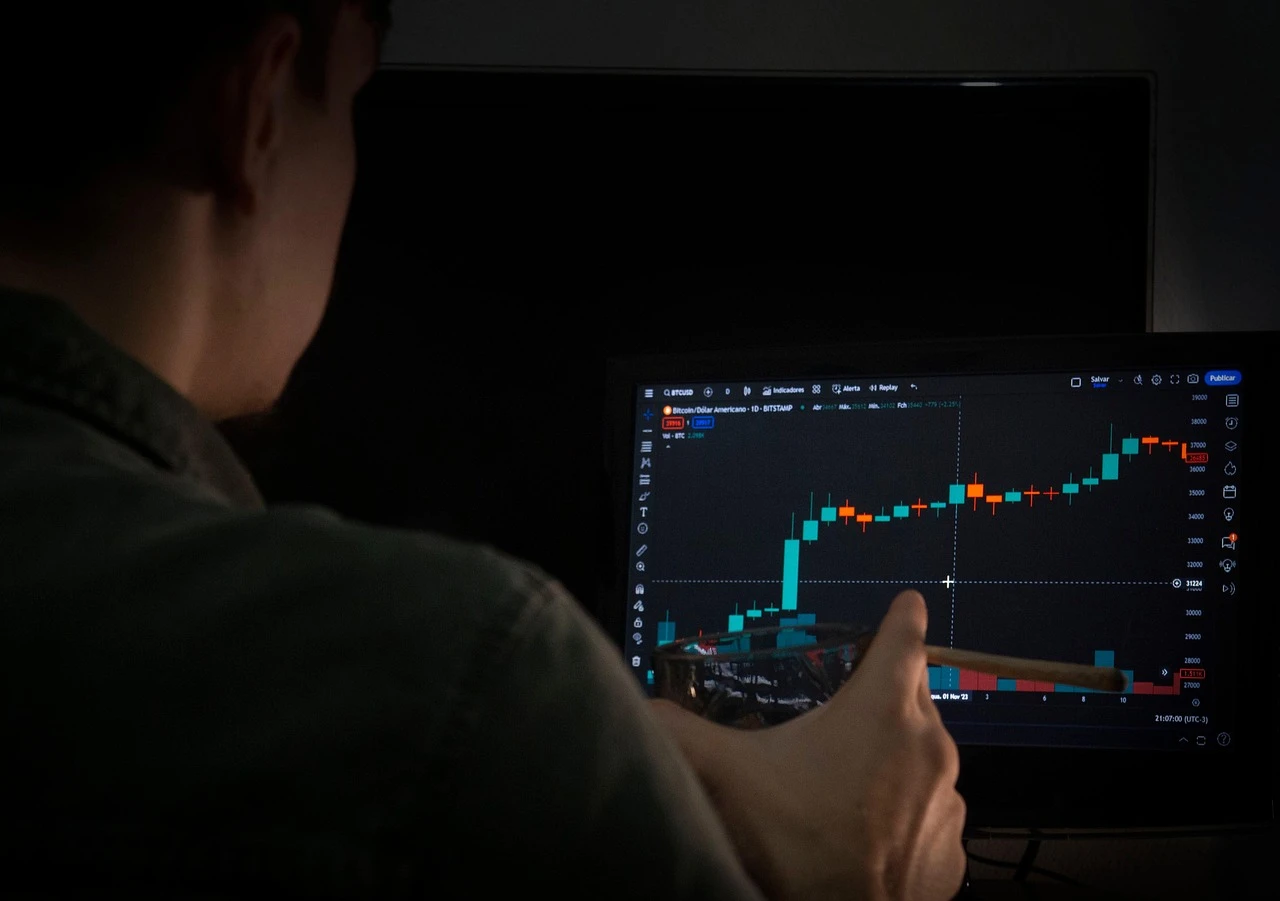What Is the Forex Market?
The forex market is the world’s largest financial market 🌐. It operates 24 hours a day for five business days each week. Traders buy and sell global currencies to earn profits from price movements. Because the market is decentralized, it reacts quickly to world events. Many investors join forex to access global opportunities and diversify their portfolios.
How Currency Pairs Work 💱
Forex trading uses currency pairs. Each pair shows the value of one currency against another. The first is the base currency, and the second is the quote currency. When the price rises, the base currency gains strength. When it falls, the quote currency becomes stronger. Traders analyze patterns to make informed decisions and spot potential entry points.
Key Factors That Influence Forex Prices 📈
Many elements affect currency values. Economic data often triggers major market moves. Interest rate decisions also play a huge role. Higher rates usually strengthen a currency. Political events create volatility as well. Elections, conflicts, and policy changes can shift market direction fast. Because these factors change often, traders must stay updated.
Major Participants in the Forex Market 👥
Several groups drive the forex market. Central banks help keep currencies stable. Commercial banks handle large global transactions. Investment firms trade for profit and wealth growth. Retail traders join through online brokers. Each group adds liquidity and influences market movement, which keeps prices active.
Why Liquidity Matters in Forex 💧
Forex is known for its high liquidity. Traders can buy and sell currencies quickly with minimal slippage. Liquidity leads to better execution and smoother trading. Because of this advantage, forex attracts beginners and experienced traders.
Popular Forex Trading Strategies 🎯
Traders choose strategies based on their goals. Day traders focus on short-term moves. Swing traders hold positions for several days. Position traders follow long-term economic trends. Technical analysis helps find precise entry and exit points. Fundamental analysis helps understand economic strength. Combining both approaches improves accuracy and confidence.
Understanding Leverage in Forex ⚖️
Leverage allows traders to control larger positions. It increases potential profits but also increases risk. Brokers offer various leverage ratios. Using too much leverage can cause quick losses. Responsible use helps traders manage their capital wisely.
Risk Management for Safer Trading 🛡️
Risk management is key to long-term success. Stop-loss orders help limit losses. Position sizing prevents oversized trades. Traders often risk only a small part of their account. A strong risk strategy builds discipline and helps protect profits.
The Value of a Trading Plan 📝
A trading plan guides decisions and keeps traders organized. It includes goals, rules, and risk limits. Following a plan helps avoid emotional choices. Reviewing and updating the plan helps traders improve. Because markets change, a flexible plan stays effective.
Choosing the Right Forex Broker ✅
A trusted broker improves the trading experience. Regulation ensures safety. Tight spreads reduce costs. Fast execution improves results during volatility. A good platform offers strong tools. Helpful customer support adds confidence. Choosing wisely helps traders avoid problems.
Trading Psychology and Emotions 🧠
Emotions influence trading success. Fear can block good opportunities. Greed can lead to impulsive trades. Confidence grows with practice and analysis. A trading journal helps track emotional patterns and refine decision-making. With time, traders learn to control emotional reactions.
Education and Continuous Learning 📚
The forex market rewards continuous improvement. Traders should learn strategies, charts, and market cycles. Online training, videos, and books help build skills. Even experienced traders keep learning and adapting. Growth leads to long-term success.
Final Thoughts on the Forex Market 🌟
The forex market offers powerful opportunities for disciplined traders. It requires planning, awareness, and steady learning. Since prices move fast, staying focused is essential. With strong risk management and a clear strategy, traders can navigate the market with confidence.
FAQs ❓
1. Is forex trading risky?
Yes, but proper risk management reduces losses.
2. Can beginners trade forex?
Yes, beginners can start with education and demo accounts.
3. What is the best time to trade forex?
The most active times are major market sessions, like London and New York.


